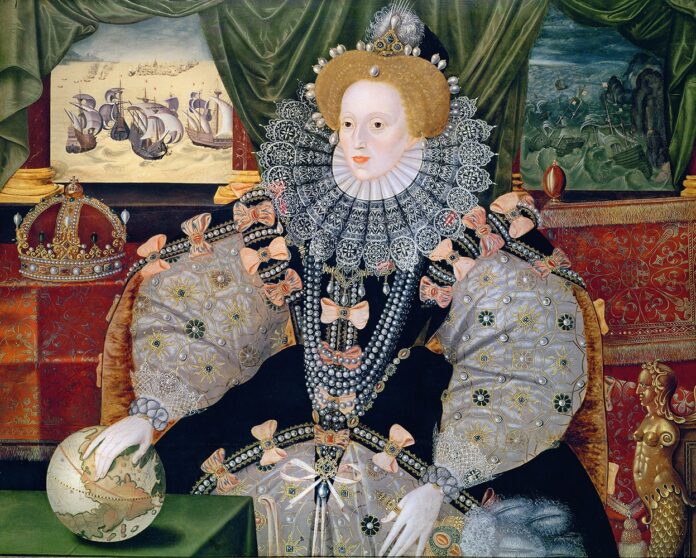The Elizabethan Era, named after Queen Elizabeth I of England, spanned from 1558 to 1603 and is often regarded as a golden age in English history. Despite it being a very well-known period, there is lots to unpack that might surprise you. Here are some intriguing facts about this fascinating period.
Cultural Renaissance
The Elizabethan Era witnessed a flourishing of arts and literature, with playwrights like William Shakespeare, Christopher Marlowe, and Ben Jonson producing some of the greatest works in English literature. The era is often referred to as the “Golden Age of English Drama”, marked by the construction of iconic theaters such as the Globe and the Rose, where Shakespeare’s plays were performed to enthusiastic audiences.
Exploration and Expansion
Elizabethan England was a time of exploration and expansion, with explorers like Sir Francis Drake, Sir Walter Raleigh, and John Cabot undertaking daring voyages to distant lands. Drake circumnavigated the globe, Raleigh attempted to establish colonies in the New World, and Cabot explored the North American coast, laying the foundation for England’s colonial ambitions and global influence.
Religious Turmoil
The Elizabethan Era was a period of religious upheaval and conflict, as England grappled with the aftermath of the Protestant Reformation. Queen Elizabeth’s religious settlement sought to establish a middle ground between Catholicism and Protestantism, but tensions remained high, leading to the persecution of Catholics and Puritans alike.
Fashion and Luxury
Elizabethan fashion was characterized by elaborate garments, ruffs, and intricate embroidery, reflecting the wealth and status of the nobility. Sumptuary laws regulated clothing and accessories based on social rank, with fines imposed for those who dared to flaunt their wealth beyond their station.
Plague and Pestilence
Despite its cultural and economic achievements, the Elizabethan Era was also marked by outbreaks of disease, including the devastating bubonic plague. Epidemics ravaged cities and towns, claiming thousands of lives and causing widespread fear and uncertainty.

